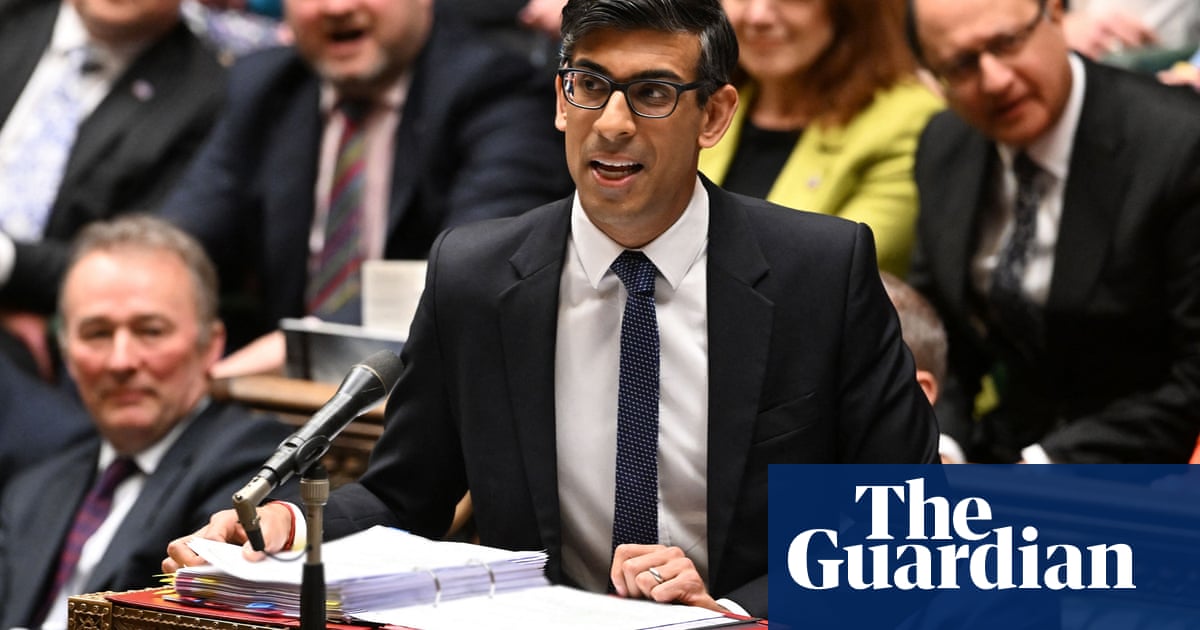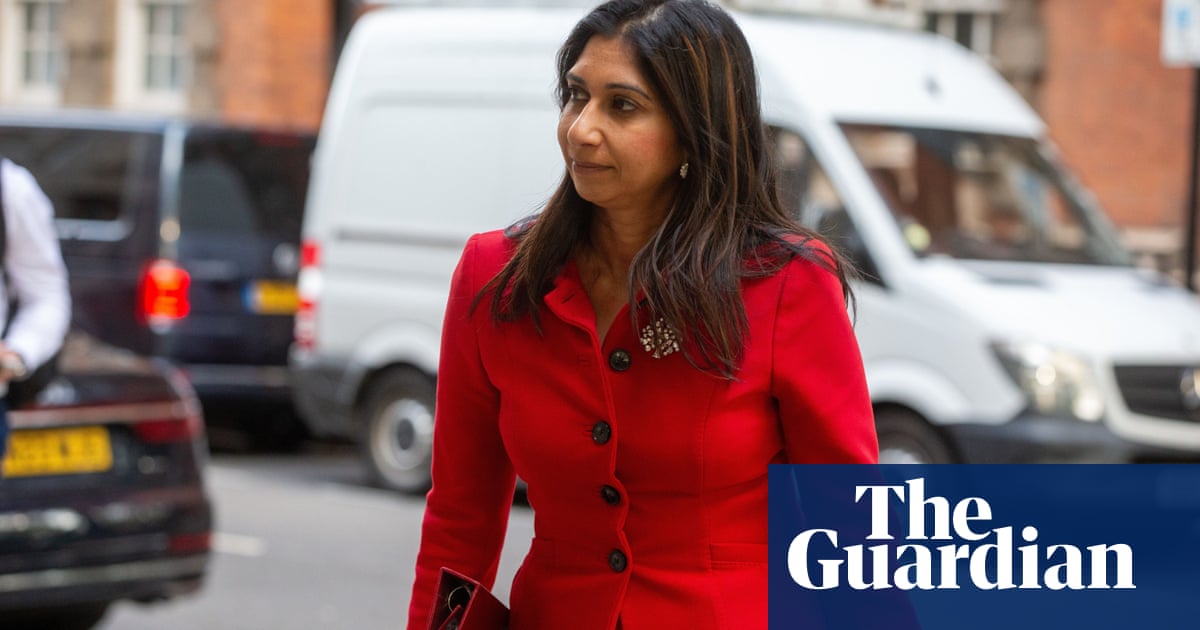
The UK will target a group of about two dozen middle-level countries for long-term diplomatic partnerships in what marks a downgrade of a commitment to human rights as a prerequisite for close relations with the UK.
The new policy being outlined in a speech by the foreign secretary, James Cleverly, is an attempt to set realistic ambitions and criteria for Britain’s future relations post-Brexit. It is an implicit admission that the phrase “global Britain”, coined by Boris Johnson, may have set expectations that British diplomatic resources and status cannot match.
The new thinking has emerged from a review inside the Foreign Office’s geostrategy unit.
In a trail before his speech, the department said the UK will be hoping to forge close long-term multidimensional partnerships with countries that share a “belief in sovereignty and territorial integrity, in free trade, and in the value of an international rules based order that has seen relative peace and prosperity for more people around the world than ever before”.
The criteria on some interpretations will allow the UK to forge relationships with countries that are not necessarily democracies, but respect borders, and represent no security threat to the UK.
Cleverly will say the new patient diplomatic relationships will be forged in countries in Africa, Latin America and Asia that are likely to be more influential over the next 30 years, including some with which the UK has no previous close ties.
The tailored offers will cover trade, diplomacy, technology, defence, cybersecurity, adaptation to the climate crisis and environmental protection. These will be backed up by investment through British International Investment and the G7 Partnership for Global Infrastructure and Investment, an initiative designed to provide a rival source of funds to those provided by China.
The FCDO argument is that if the UK does not engage with these countries now they are likely, in a competitive diplomatic environment, to be wooed by others and head further away from western influence.
Cleverly’s predecessor, Liz Truss, spoke of forming a network of liberty that spanned the world and advanced the frontiers of freedom, a phrase that implied a strong determination to champion democracy over authoritarianism. When questioned how this goal could be squared with Britain’s support for the Gulf states, she argued Britain could legitimately form alliances with such countries if they intended to impose no threat to the UK.
Speaking on Sunday to Sophy Ridge on Sky, Cleverly was challenged as to how the UK’s close relationship with Saudi Arabia tallied with Riyadh’s use of public executions. He said the UK highlight very big differences with Saudi Arabia over human rights but added: “It is incredibly important that we maintain an ongoing bilateral relationship with Saudi. Some of that includes trade but also in terms of security, counter-terrorism work.”
In the FCDO’s annual human rights report, published last week, the government set out a range of Saudi human rights abuses but claimed “there is real Saudi appetite for change” in areas “such as judicial reforms, women’s rights and the death penalty”.
Yet Saudi Arabia had by the end of November executed 148 people this year, double the number for 2021. The Saudi human rights group ALQST last week detailed “an extraordinary renewed clampdown on freedom of expression in the kingdom with a series of jail sentences handed down for peaceful social media activity”.
Cleverly also signalled a more pragmatic approach to China, declining to repeat the claim by Rishi Sunak as Conservative leadership candidate that China represented “the largest threat to Britain and the world’s security and prosperity this century”. Sunak has now termed China a systemic challenge, a phrase that gives the UK scope to scrutinise Chinese investment in the UK more rigorously.










